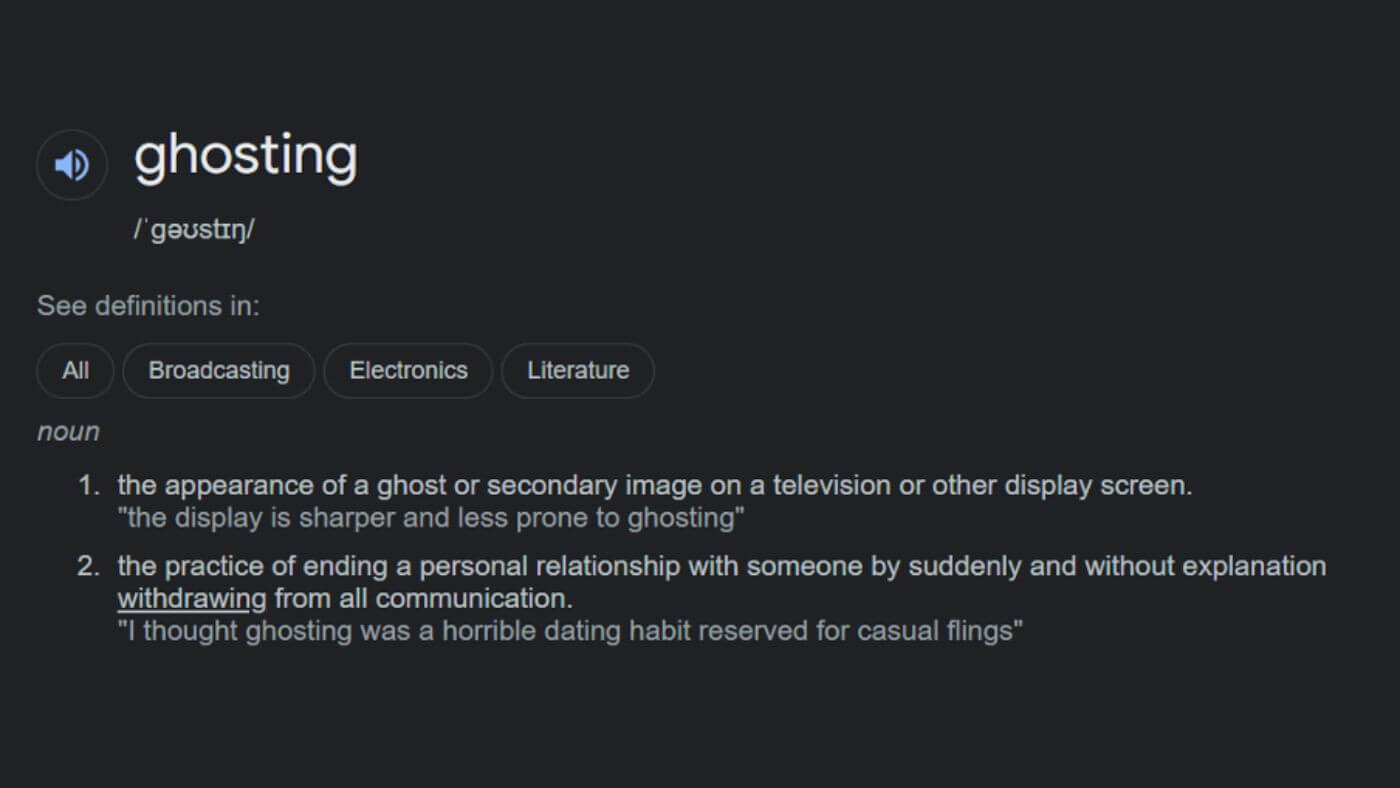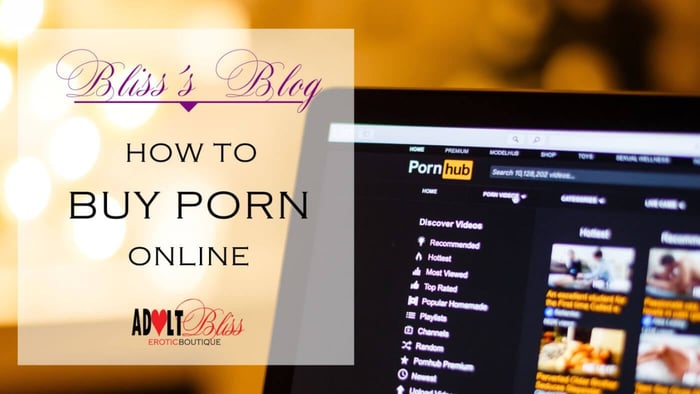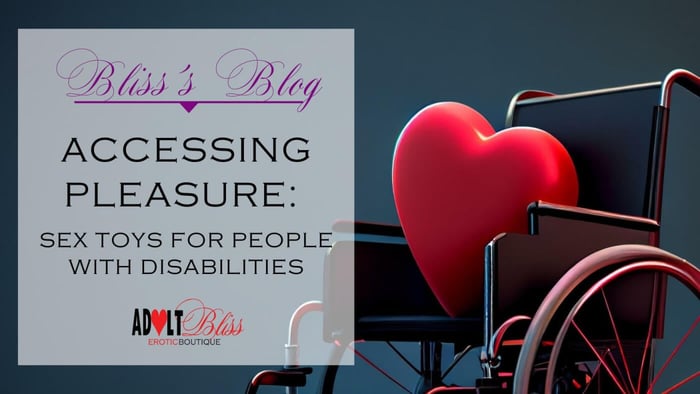
Ghosting In Modern Relationships

Have you been on the receiving end of ghosting?
I certainly have, many a time, and it is still really devastating when it happens to me. Admittedly I have ghosted people also. Not a great look, I know. So, what is ghosting and why do people ghost? Read on to learn more, including some anecdotes from my own personal experience and practical advice.
What is Ghosting?
Ghosting is when a romantic partner, romantic interest or even just a friend, suddenly ceases contact with you, with no explanation. Although this kind of thing happened prior to people meeting online, it seems to be phenomena that is more prevalent with online connections. It is very easy to meet people online via social media or dating sites, and have relatively superficial contact with them. It is subsequently very easy for these people to disappear when you do not have other connections in the real world (eg shared friendship group, or shared work/study environments). All it then takes is for someone to block you from contacting them, or simply ignore you, whereupon you have been “ghosted.”
Why Do People Ghost?
In my experience, people ghost others for a variety of reasons, from quite benign complaints to very serious and potentially dangerous behaviours. Most people have a fear of rejection, combined with a fear of conflict, and in a situation where you don’t want to tell someone that you don’t want contact with them anymore, both of these are triggered. As I said previously, it is incredibly easy to ghost someone by cutting contact with them with no explanation, and therefore avoiding both rejection and interpersonal conflict.
The avoidance of these feelings is what I would say is a primary reason for ghosting.
The avoidance of these feelings is what I would say is a primary reason for ghosting; instead of communicating in an open way about no longer wanting contact, and acknowledging the impact of this information on the other person, it is easier to just cut them off. The reasons behind not longer wanting contact in this instance could be many things; the person could no longer be interested in connecting with you, there could be other external factors, but fundamentally, it is an indication of the person not wanting to connect with you on a deeper level. Sharing feelings (including those which are unpleasant) is something that those who care about you are invested in. I have been on the receiving end of this type of ghosting many times; people I have talked to for years will suddenly disappear and I will find they have blocked me on multiple platforms and I have never discovered why.

The other instance of “ghosting” is something I see when women/femme presenting people cut contact with men they may have been developing relationships with. It can be very dangerous for women to reject men or overtly cease contact if they notice red flags or behaviours of concern. So women may “ghost” men if they feel there is a danger to their safety, instead of cutting things off in a traditional manner. It is something I have had to do in the past when a man’s behaviour became extremely concerning, and removing myself quickly from the situation by blocking them felt like the safest thing to do at the time.
What is the Impact of Ghosting and How Do You Recover?
Ghosting is a reality in today’s world of dating and it can make you feel rejected, confused, and unworthy. These are the three things I would suggest to people who have experienced ghosting and are working out where to go from here:
- Remember that you cannot control other people’s behaviour but you can work on your reactions to it. Yes, other people should have behaved differently or in ways that are less hurtful, but you have zero control over that. Instead, focus on what you can do in response to other’s behaviour, particularly when it is problematic or causes you distress.
- Tying into my first point, it is important to set realistic expectations of the behaviour of other people, particularly people who you have relatively few connections with in an era where ghosting occurs. Meeting new people and developing feelings for them is an awesome experience, but strong, respectful, and lasting connections take time to develop and ghosting definitely is not a part of that.
- If you have been ghosted, focus on yourself so that you can grow and develop from an otherwise painful experience. Ask yourself, what can I do differently next time? What did I learn from this experience? What things do I need to work on? What behaviours and early signs do I need to be aware of and not tolerate in the future?








